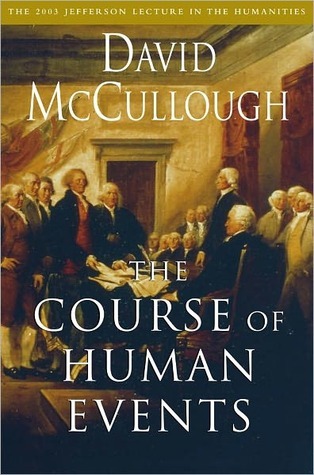More on this book
Community
Kindle Notes & Highlights
Nor were they gods. Indeed, to see them as gods or godlike is to do disservice to their memories. Gods, after all, don’t deserve a lot of credit because they can do whatever they wish.
I must study politics and war [he wrote] that my sons may have liberty to study mathematics and philosophy. My sons ought to study mathematics and philosophy, geography, natural history, naval architecture, navigation, commerce, and agriculture in order to give their children a right to study paintings, poetry, music, architecture, statuary, tapestry, and porcelain.
He knew such wonders of the heavens to be the gifts of God, he wrote, but greatest of all was the gift of an inquiring mind. But all the provisions that He has [made] for the gratification of our senses . . . are much inferior to the provision, the wonderful provision, that He has made for the gratification of our nobler powers of intelligence and reason. He has given us reason to find out the truth, and the real design and true end of our existence.
When young Nathan Hale was hanged by the British as a spy in New York in 1776, he famously said as his last words, “My only regret is that I have but one life to lose for my country.” That’s a line from the popular play of the eighteenth century, Cato, by Joseph Addison, a play they all knew.
“I hear all the notes, but I hear no music,” is the old piano teacher’s complaint. There has to be music. History at best has to be literature or it will go to dust.
“Greece,” wrote Edith Hamilton, “never lost sight of the individual.” And neither should we, ever.
They were hungry, starving some of them, and without warm clothes as winter set in. Not all were patriots. Not all were heroes. Not all came home. But they were once as alive as you and I.
History teaches that nothing happens in isolation, or without cause and effect, and that nothing ever had to happen as it did.


